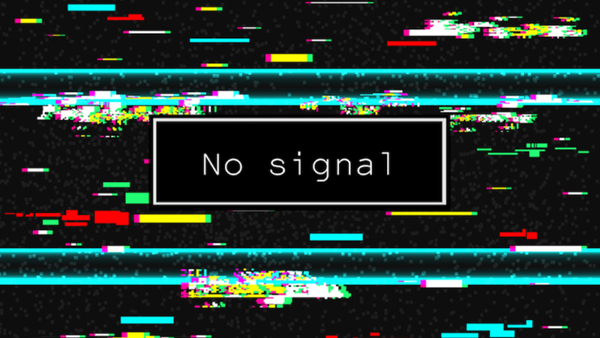The private radio station Echo of Moscow was founded in the summer of 1990, during the thaw of the Soviet perestroika, and the channel became the focus of current events discussion. Now however, "all sources of information are being blocked in the Russian Federation, only propaganda is left," Ksenja Larina, a journalist for the station, wrote on her Telegram channel on Friday.
On March 3, the board of directors of the radio station met and decided to close Echo of Moscow. The editor-in-chief, who is one of the company's major share owners, was not even invited. The station majority share owner is Gazprom Media. The last meeting of the editorial board of Echo of Moscow was on Thursday. Initially, the social media channels stayed open, but on Friday night the YouTube stream was closed as well and the station's other social media channels were shut down. This was requested by the Russian prosecutor's office: "In connection with the publication of targeted and systematic information calling for extremist activities, violence, as well as knowingly providing false information about the activities of the Russian military in the special operation to protect the Donetsk and Lugansk People's Republics."
TV Rain (Dozhd) stopped workingThe broadcasting of the Russian independent TV station Rain was stopped on the same day as Echo of Moscow radio was blocked. Last August, Dozhd was declared a "foreign agent" by the Russian Ministry of Justice, which meant a number of practical problems, such as the announcement on the air and on social media posts. However, the TV station continued to operate. After the start of the war in Ukraine, the station made long live broadcasts every day. No longer, the channel was closed on March 3rd and the staff walked out. Dozhd's broadcast on March 3 ended with an emotional address from the channel's founder and CEO, Natalya Sindejeva, saying the station was currently shut down. "We need strength to exhale and understand how to work. We very much hope that we will return to the air and continue working.” As the last television picture of the station, a black-and-white excerpt from Pyotr Tchaikovsky's ballet "Swan Lake" reached the viewer - an obvious reference to August 1991, when the ballet was ordered to be broadcast by the coup leaders on all stations.
Russia has repeatedly rejected the terms "war" and "invasion" over its incursion into Ukraine and had accused the West of spreading disinformation with help from media outlets.
On Friday, President Vladimir Putin signed into law a measure that could jail journalists for up to 15 years for reporting "fake" news about the military and invasion that conflicts with statements from Russian officials. "The State Duma also established administrative responsibility for the discrediting of the armed forces of the Russian Federation. The law provides for liability for public calls to prevent the use of armed forces in the Russian Federation,” TASS said. Those who call for sanctions against Russia will also be punished in court.
Russia's few surviving independent media then announced that they would stop covering Ukraine completely so as not to put their journalists under attack. For example, the newspaper Novaya Gazeta has announced that he will not publish the news starting from March 5th.
"It's just because wartime laws will most likely come into effect at dawn. We will definitely figure out how to survive, not get sent to the gulag and return to you in the same quality and at least with some good news,” Nikita Kondratjev, the newspaper's news director, said.
War-related material will be removed from Novaya Gazeta's site and social media channels, but the newspaper promised to continue covering issues such as the consequences in Russia, the economic crisis, the decline in living standards, the availability of foreign technology and medicines, and the persecution of dissidents.
Facebook and Twitter cloased, YouTube order expected soonFriday was also the day when the Internet access to the western major social media channels Facebook (Meta) and Twitter was finally closed in Russia. The pretext for closure was the removal of Russian state media reports from Facebook and Twitter. Access from Russia is still possible using VPN. Other services to be closed may include Youtube and TikTok, which have already been the subject of several disinfo claims by the Russian authorities. The "poor distribution" of Instagram has also been reported in Russia.
At the same time, Facebook and Twitter are not major social media channels in Russia. Russia's own social media applications, such as VK and Odnoklassniki, will probably remain open, as it is easier for the authorities to control them. Another major social media channel in Russia is Telegram, where all kinds of information, including war messages and video clips, move very quickly and efficiently. As for now it stays open.

